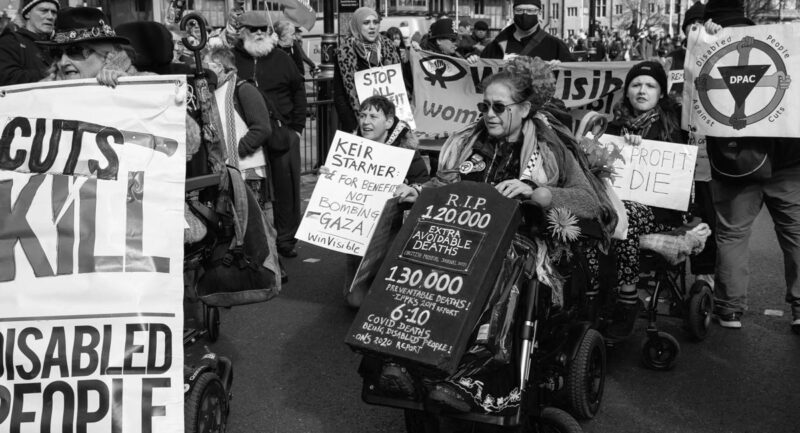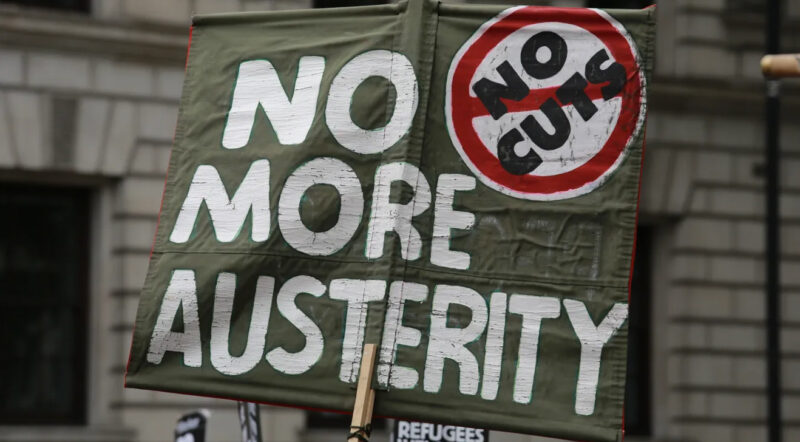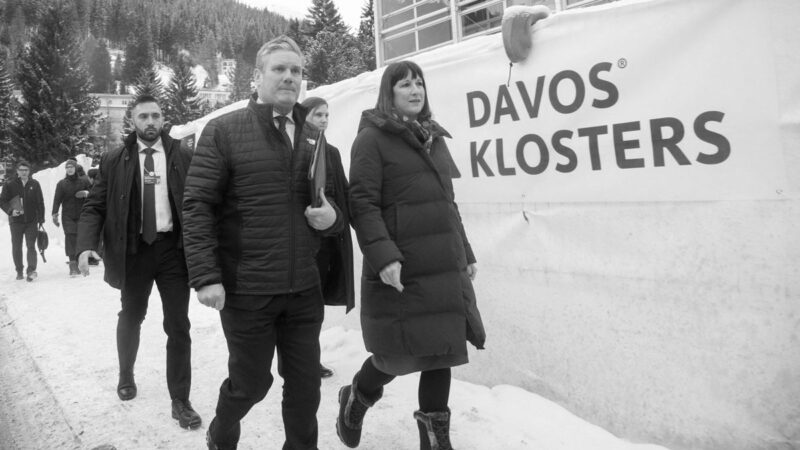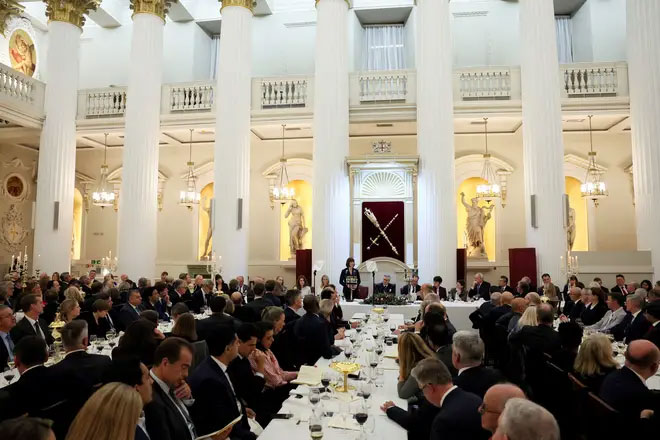Economic outlook worsens as cuts deepen crisis
THE UK is facing a double dip recession, the first since 1975, according to recent economic data, writes Simon Hardy
The coalition government had hoped that manufacturing would pick up the pace, making up for job losses in the public sector. This was dubbed the “march of the makers”, with growth to be led by the productive sector. But now it seems, they have been mugged by reality as manufacturing output is down in the last quarter. This is because many capitalists have been hoarding their money in off shore tax havens or using it to pay off debts rather than invest.
Inflation is still over 4 per cent, although it is declining due to high street shops slashing prices. This is disproportionately affecting lower paid workers and the unemployed with increasing travel and energy costs.
Official unemployment is at its highest level since 1995, standing at 2.7 million, just under 9 per cent. The increase in people out of work, at a time when benefits are also being cut, threatens a serious social crisis across the country. London mayor Boris Johnson angered many with recent comments that young unemployed people lacked the “energy and appetite” for work. The answer is plain –drive them to it by cutting their benefits.
Middle income earning households which do not rely on state benefits (this includes many public sector workers) are also feeling the impact of the economic downturn. Labour has referred to them as the “squeezed middle.” If the current economic trends continue, or worsen, then the squeezed middle will see their disposable income lower in 2020 than in 2007.
However, nearly all indicators point to an increase in wealth for the richest 1 per cent. The top 1 per cent in Britain now owns 21 per cent of the wealth.
A “Lost decade”
Economists are now predicting a lost decade – or more – in Britain which will see the return of long term structural unemployment and massive social deprivation.
But Osborne is adamant that his cutting strategy will work. He has blamed the eurozone crisis and previous Labour spending for the weakness of the economy. He is a natural ally of the City of London bankocracy who are demanding deficit reduction above everything else.
The truth is that the government is willing to suffer the backlash from another recession because it has longer-term interests than merely cutting the debt. It wants to massively downsize the public sector and welfare state, break the back of its unions in order to drive up the profitability of British capitalism.
This is why the government is defying all calls to relax fiscal austerity and is driving ahead, even aggravating the slump by freezing public sector wages for the foreseeable future. The government is of the rich and for the rich, and its strategy is to make the working class and poor pay the full horrific costs of the crisis.










